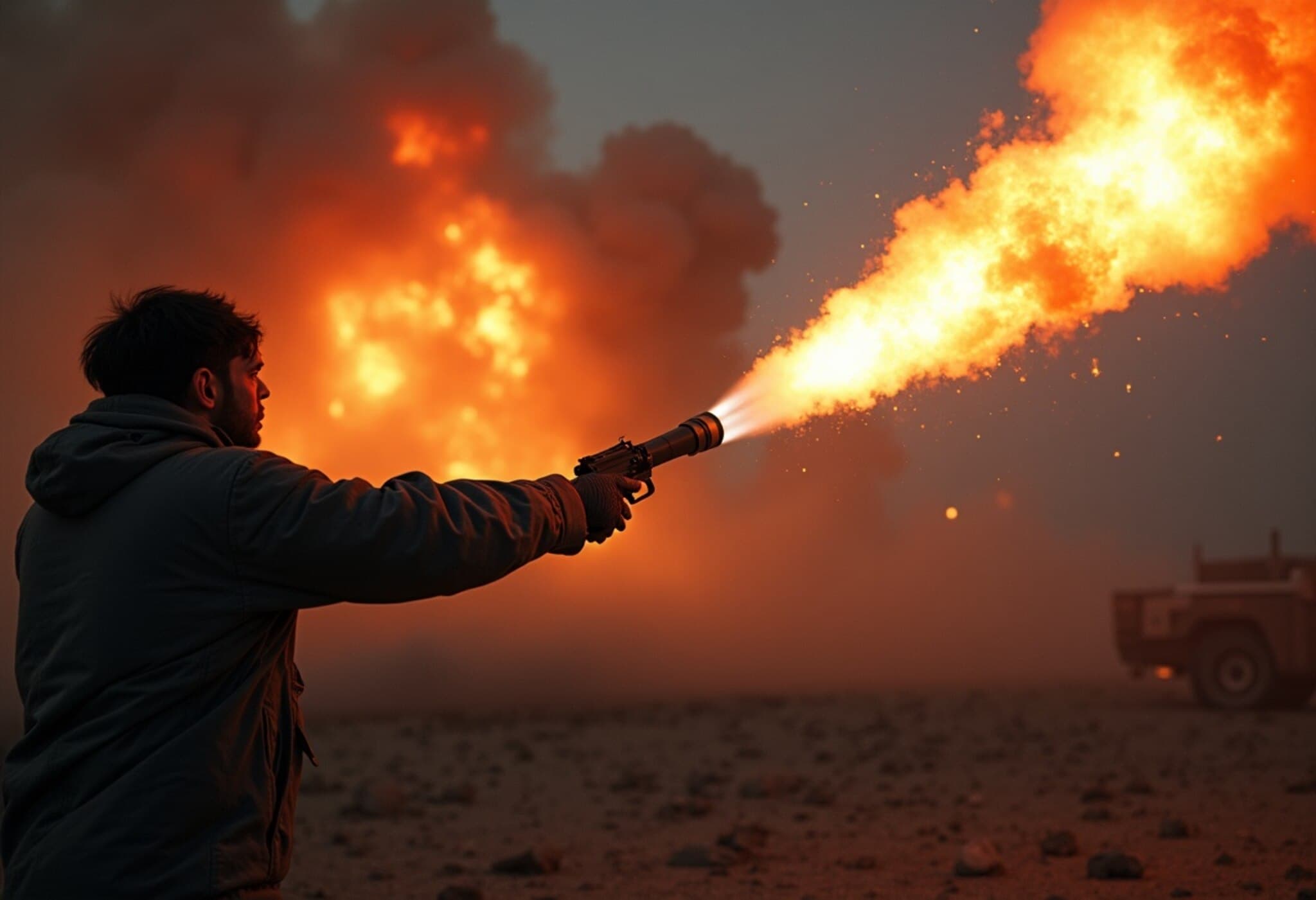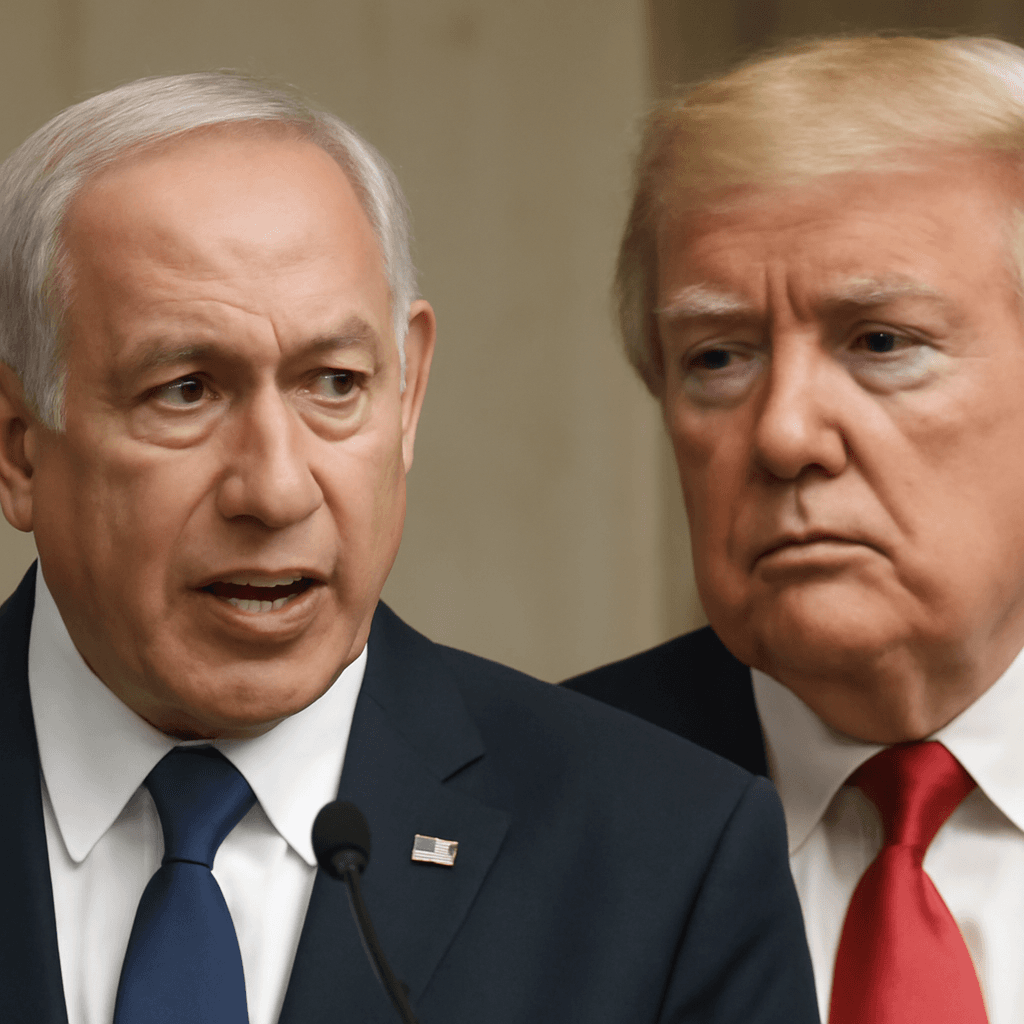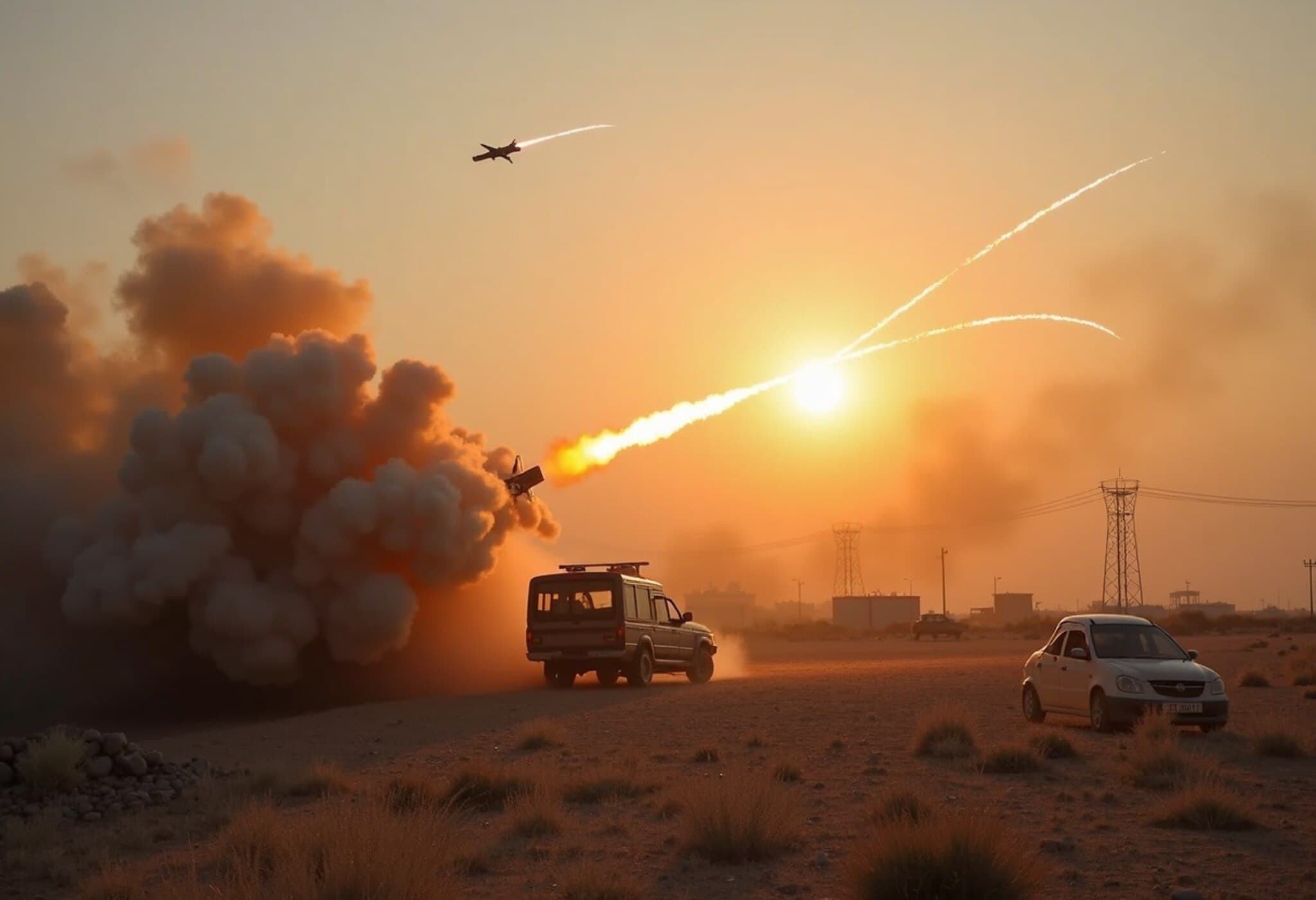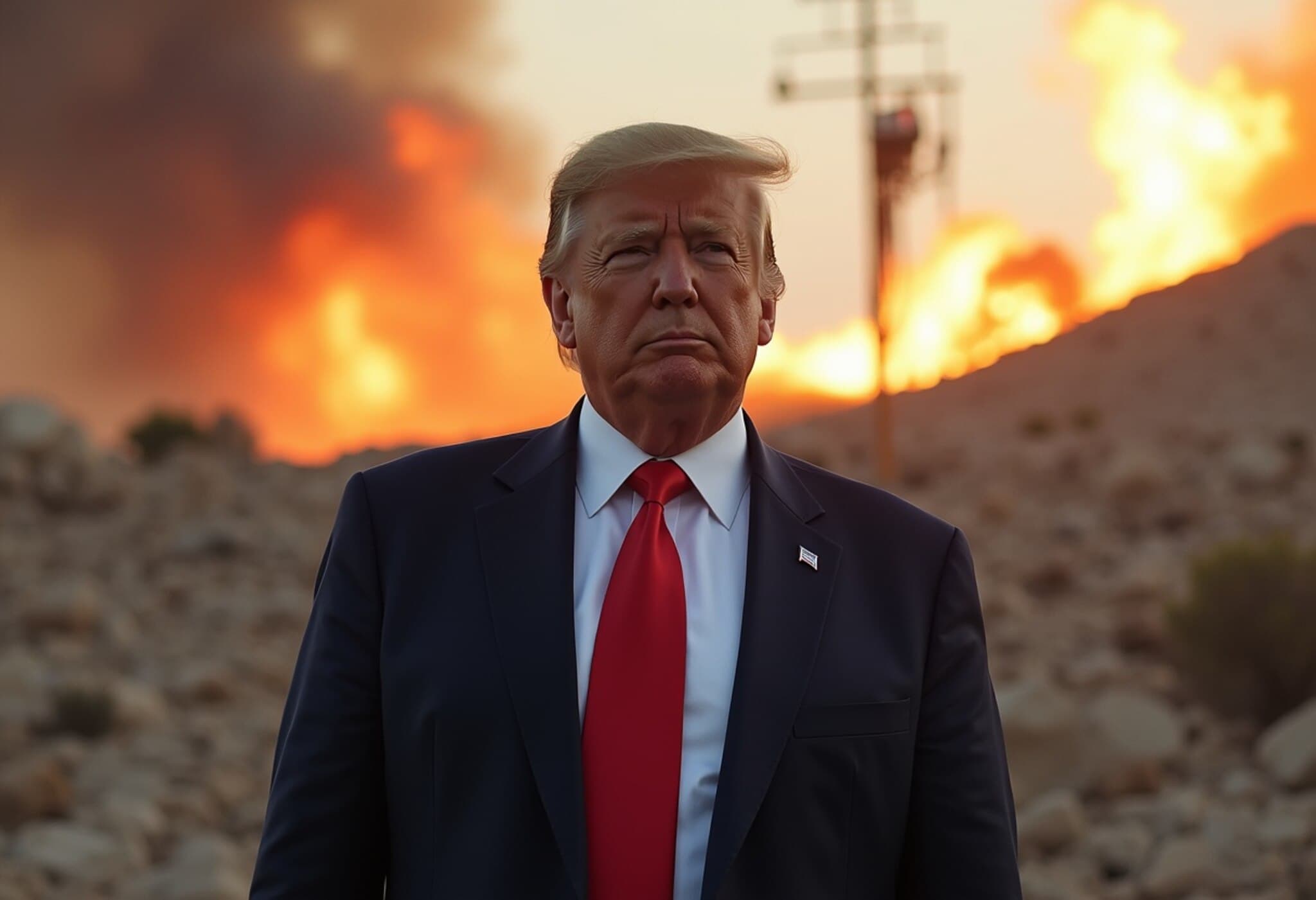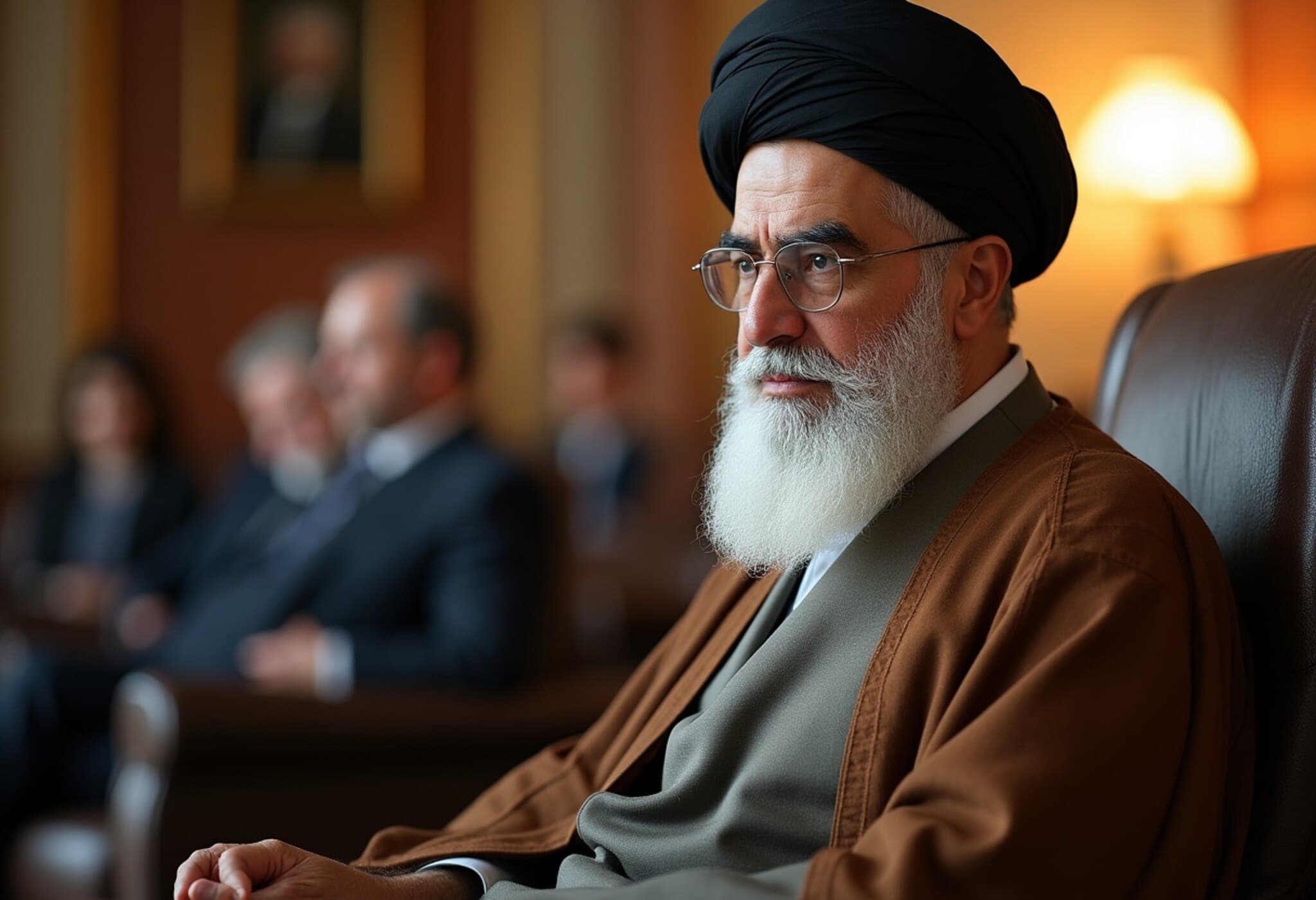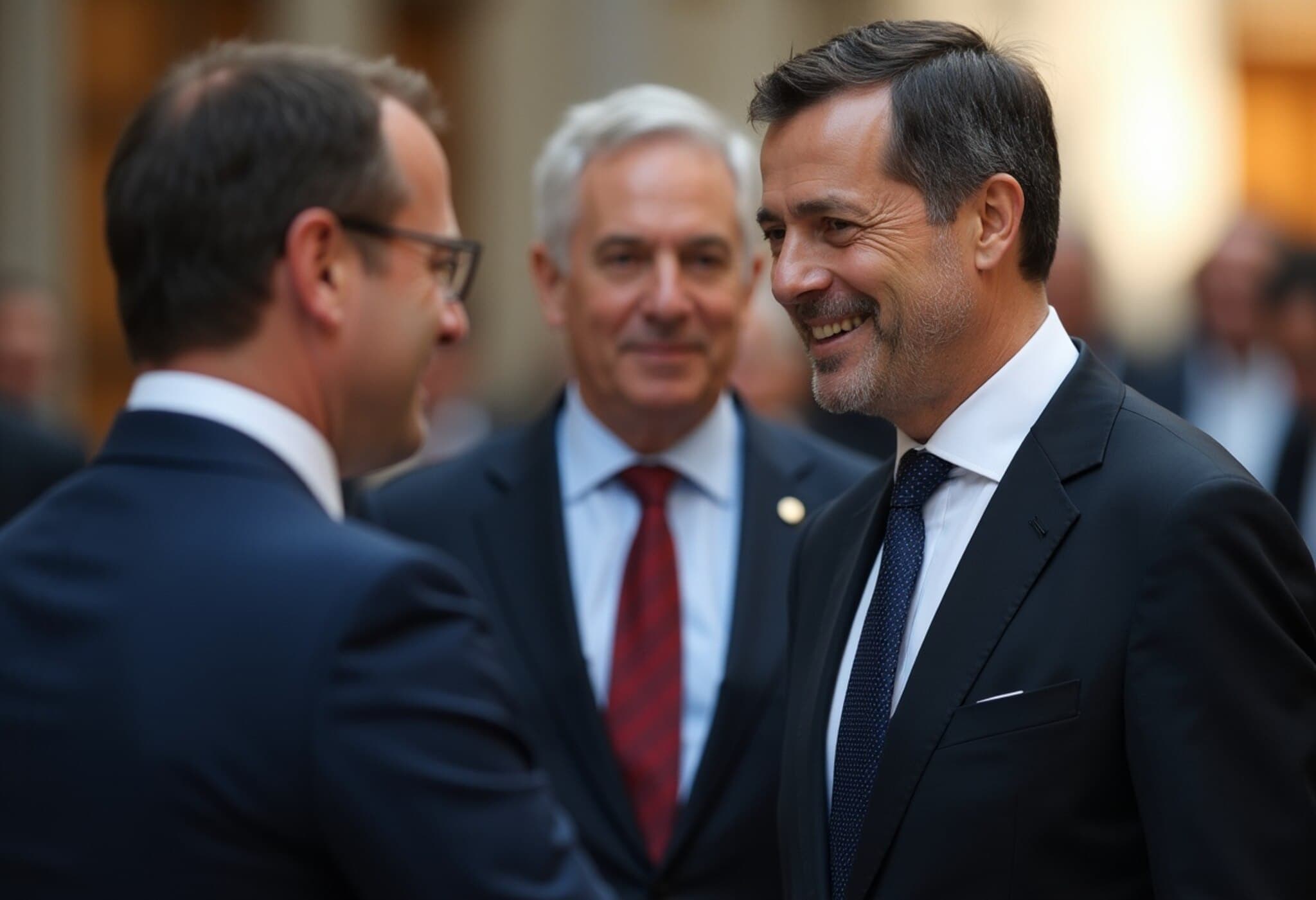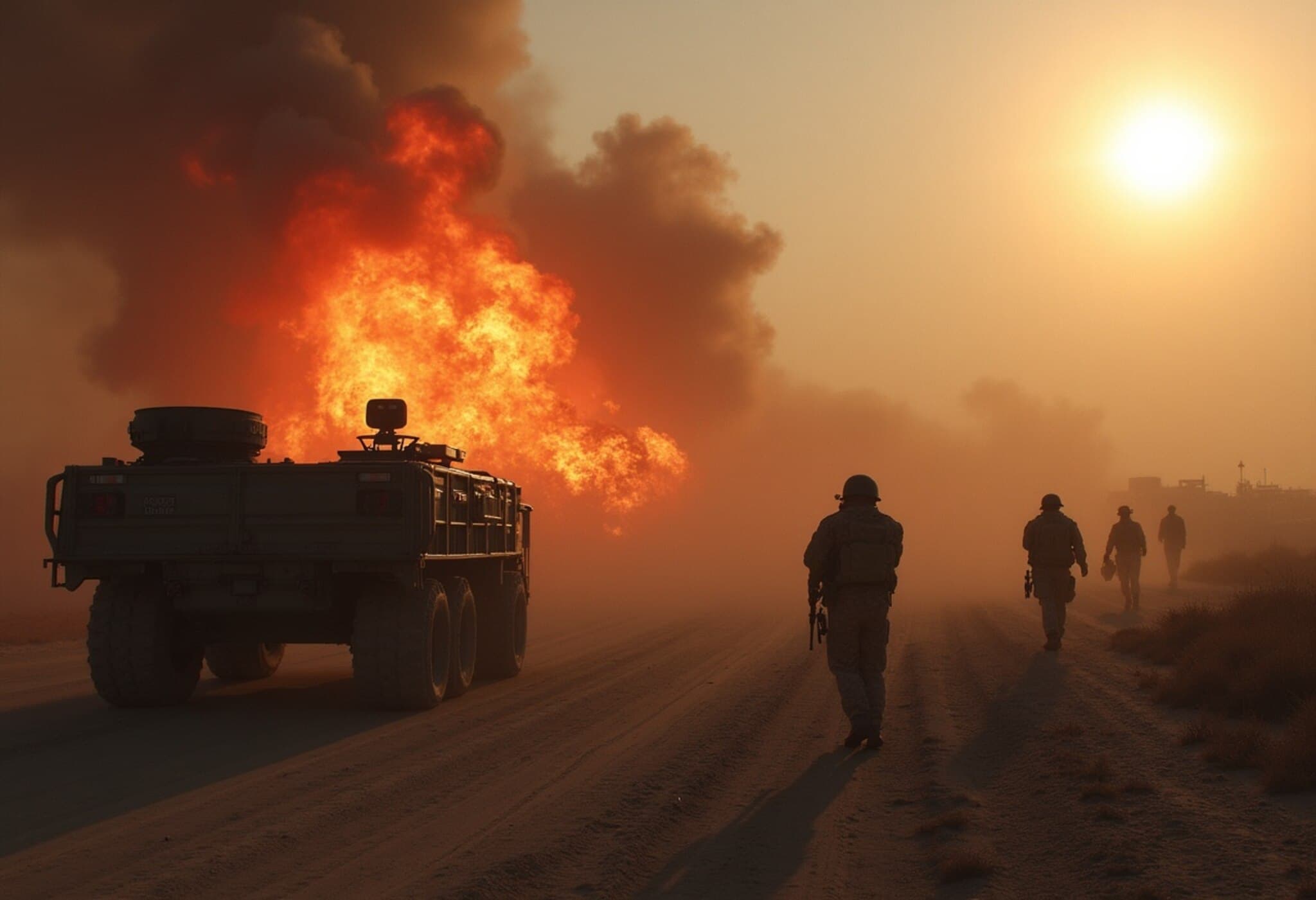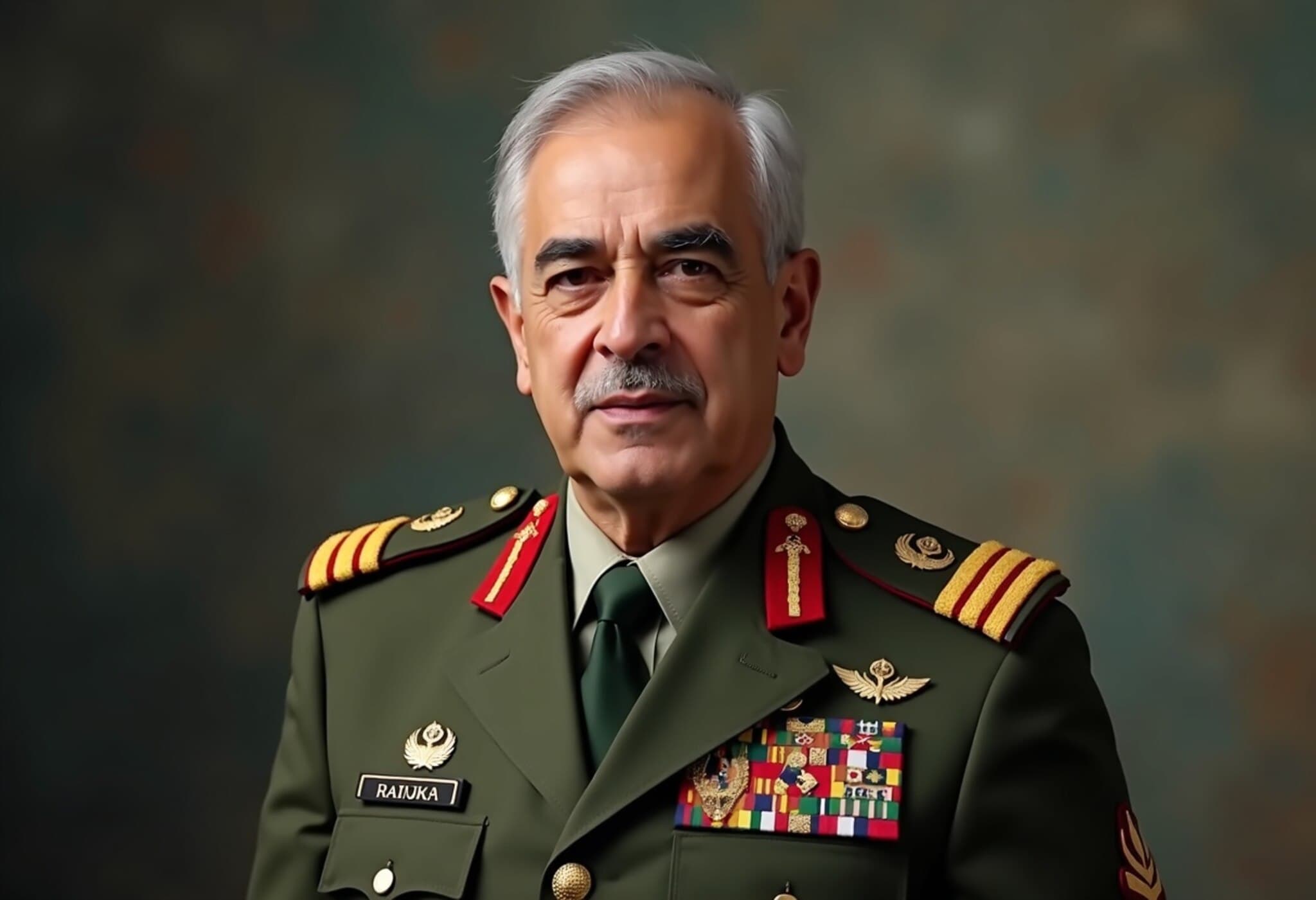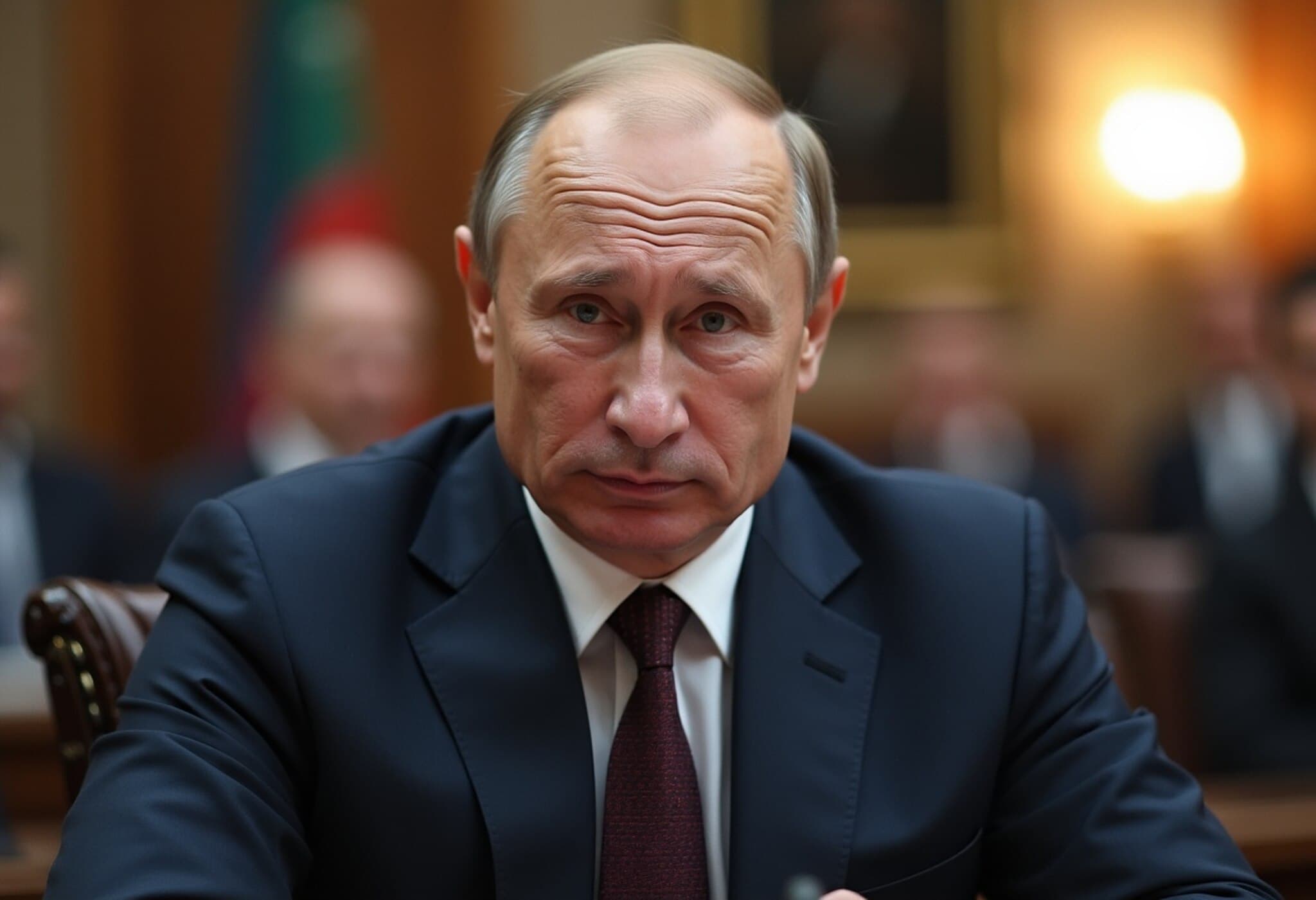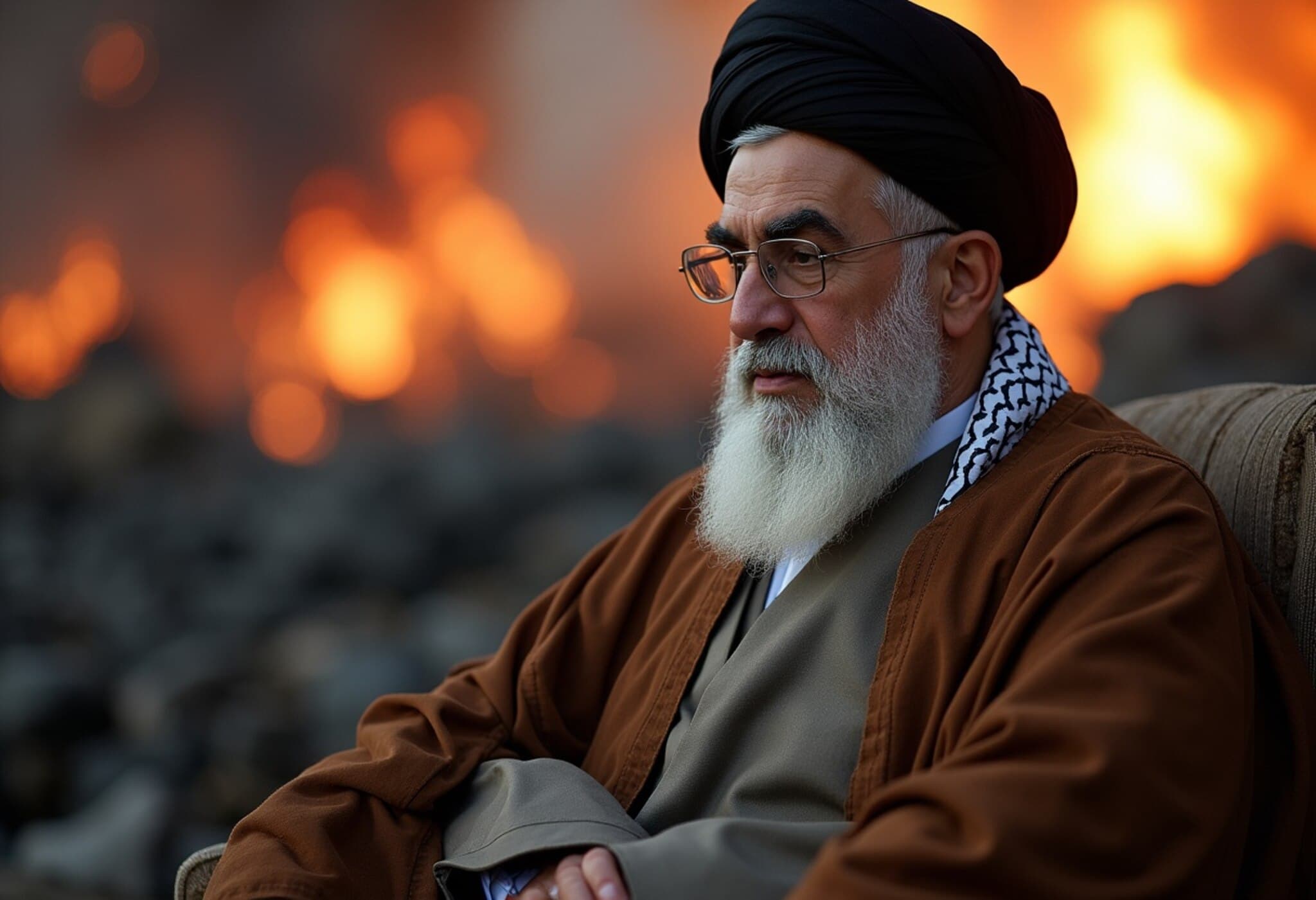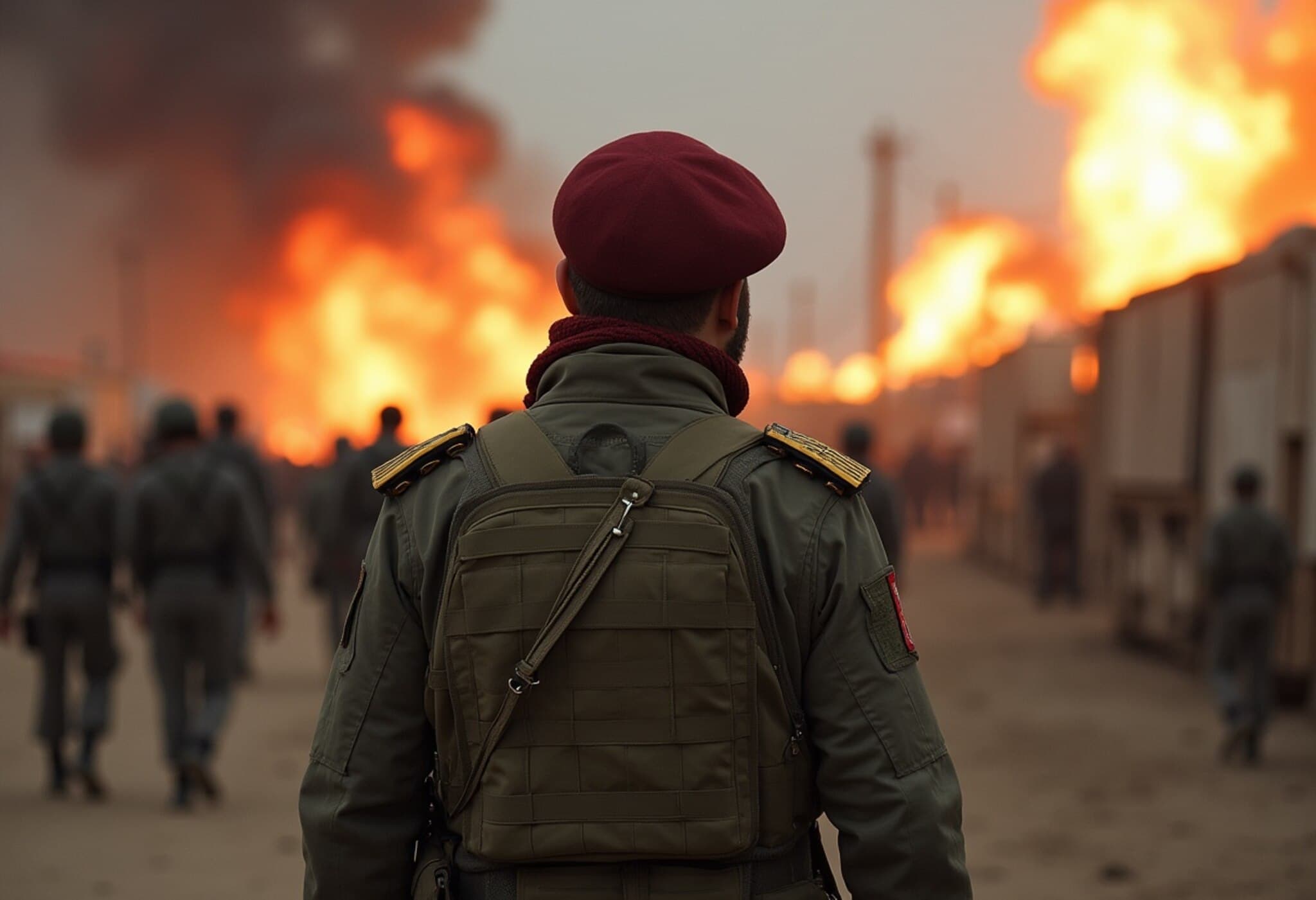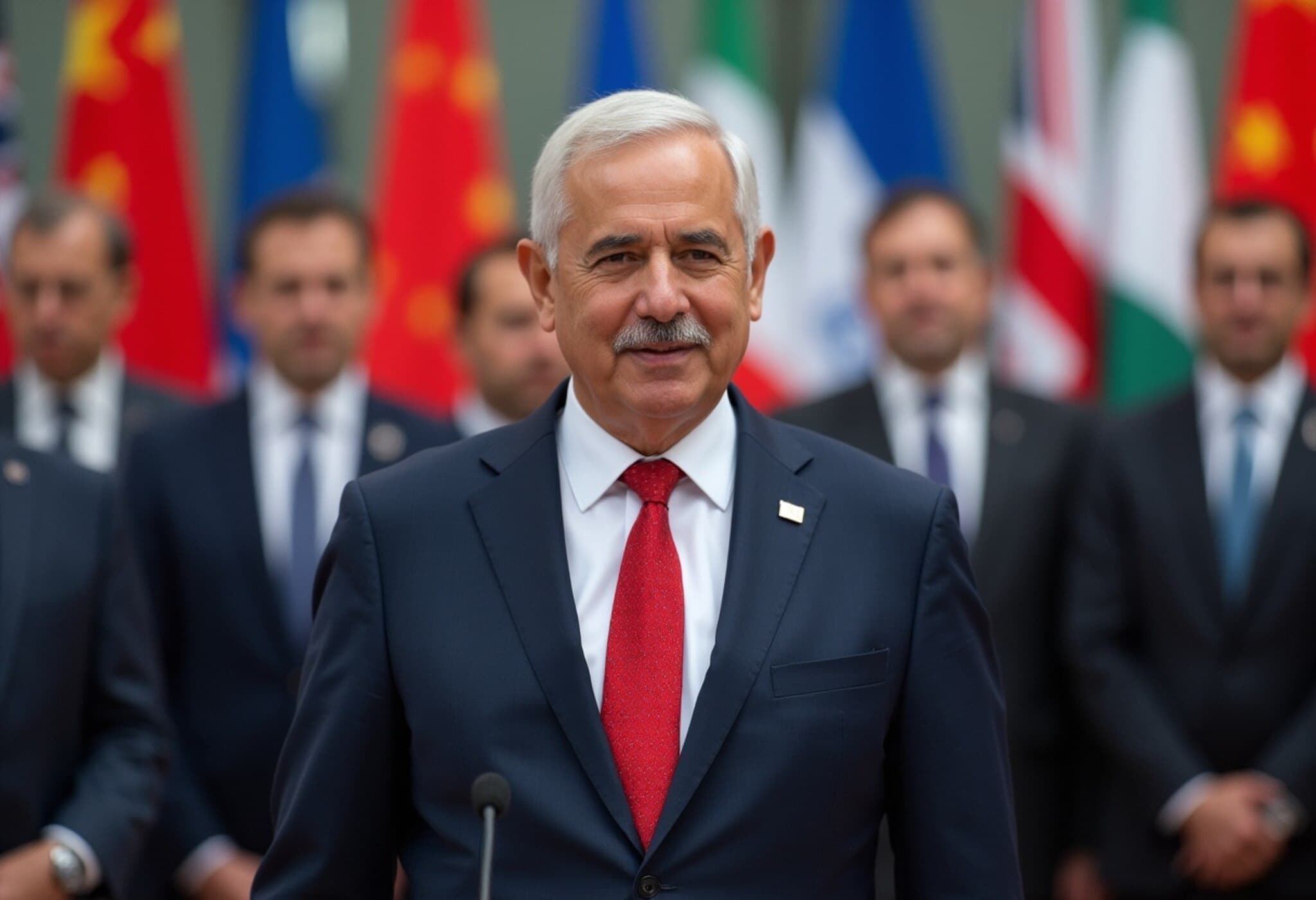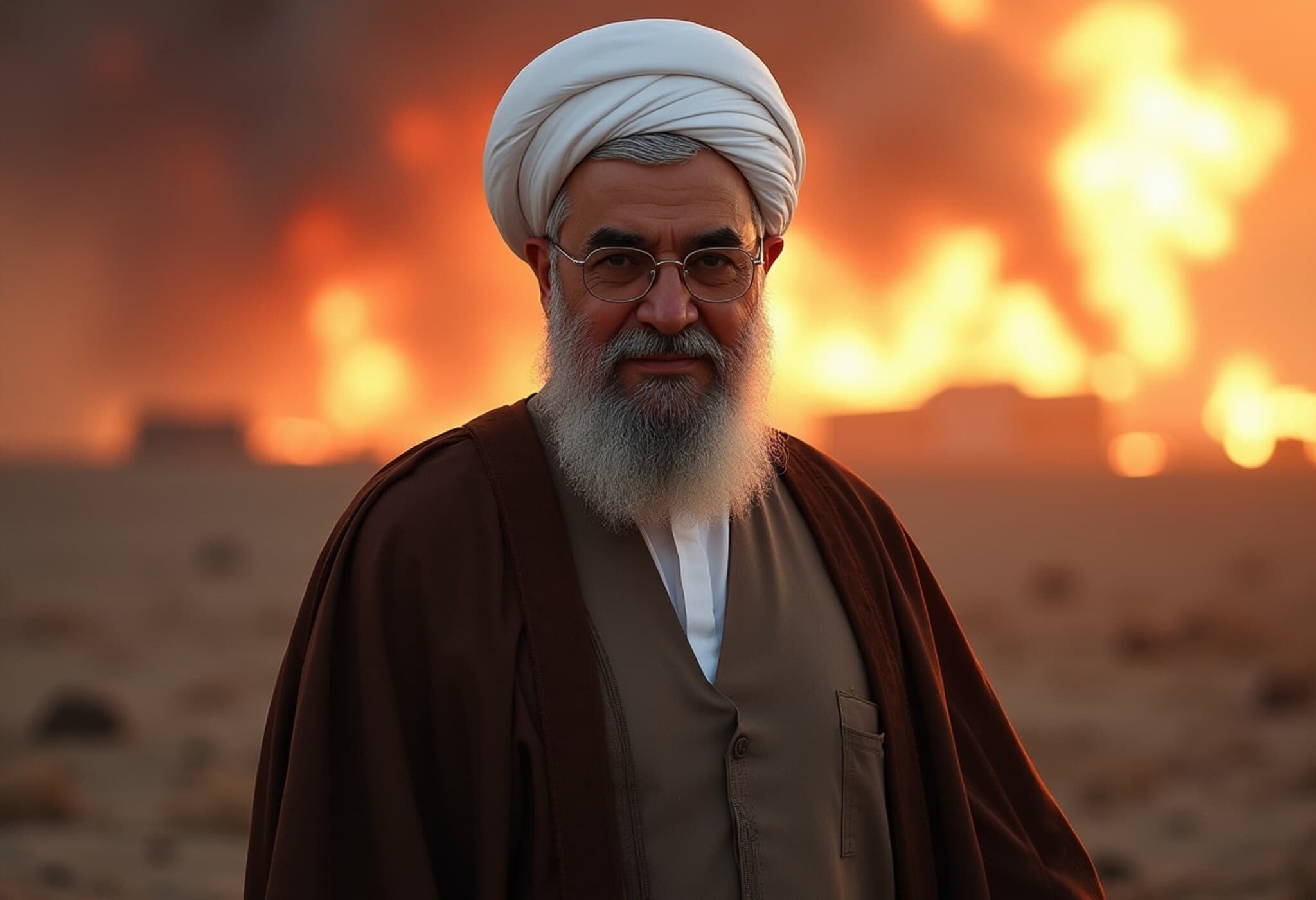Iran Accuses Pakistan of Nuclear Retaliation Promise; Islamabad Disputes
Amid escalating tensions between Iran and Israel, a senior Iranian official alleged that Pakistan pledged to respond with a nuclear strike if Israel uses nuclear weapons against Iran. This claim was quickly dismissed by Pakistani authorities, underscoring the complex dynamics in the region.
The Controversial Allegation
General Mohsen Rezaei, a leading member of Iran’s National Security Council and senior commander of the Islamic Revolutionary Guard Corps, declared on Iranian state television that Pakistan had assured Iran of a nuclear-for-nuclear retaliation in the event of an Israeli nuclear attack.
"Pakistan has told us that if Israel uses a nuclear bomb on Iran, then Pakistan will also attack Israel with a nuclear bomb," Rezaei said, heightening concerns over a potential nuclear escalation.
Pakistan’s Firm Rebuttal
Shortly after this claim surfaced, Pakistan’s Defence Minister categorically denied any such statement or commitment. Islamabad emphasized that it has not provided any nuclear assurances to Iran and refrained from endorsing nuclear conflict escalation.
Nevertheless, Pakistan reaffirmed its support for Iran amid the broader conflict with Israel. Following recent tensions, Pakistan has urged solidarity among Muslim nations to counter Israeli actions.
Calls for Muslim Unity Against Israeli Aggression
On June 14, Pakistan’s Defence Minister Khawaja Asif addressed the National Assembly, stressing the necessity for Muslim countries to unite against Israel to avoid facing consequences similar to those suffered by Iran and Palestine.
“Israel has targeted Iran, Yemen, and Palestine. If Muslim nations don’t unite now, each will face the same fate,” Asif warned.
He also encouraged Muslim states maintaining diplomatic relations with Israel to reconsider those ties and urged the Organisation of Islamic Cooperation (OIC) to hold a conference aimed at developing a unified strategy against Israel’s actions.
The Nuclear Context: Israel’s Ambiguity and Iran’s Controversial Program
Israel maintains a longstanding policy of nuclear ambiguity, neither confirming nor denying its nuclear arsenal, though it is widely regarded as possessing nuclear weapons. Its doctrine primarily focuses on deterrence and counter-proliferation to curb adversaries’ nuclear ambitions.
In contrast, Iran insists its nuclear program is solely for peaceful purposes like energy and medical research. As a participant in the Non-Proliferation Treaty (NPT), Iran reiterates that it does not seek nuclear weapons.
However, Iran’s high-level uranium enrichment and ballistic missile development have drawn skepticism from Western countries and the International Atomic Energy Agency (IAEA), raising concerns about potential military dimensions in its nuclear activities.
What’s Next?
As tensions persist and rhetoric intensifies, the denial by Pakistan of the alleged nuclear retaliation promise adds further complexity to regional security. Meanwhile, calls for Muslim unity against Israel suggest the possibility of coordinated diplomatic or strategic responses. The evolving situation demands close observation to anticipate any shifts that could impact regional and global stability.

